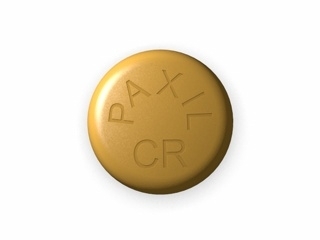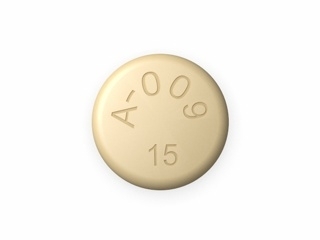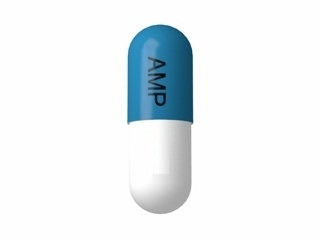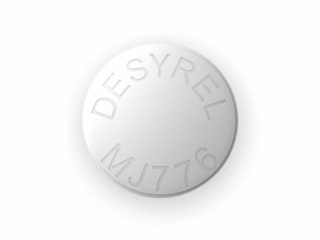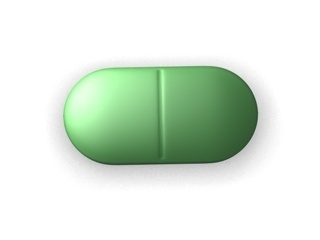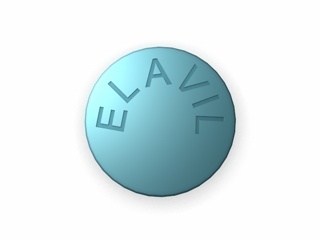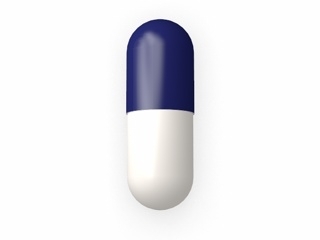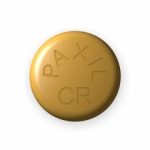Depression is a common mental disorder characterized by persistent feelings of sadness, hopelessness, and loss of interest in daily activities. Symptoms of depression can vary in severity and may include extreme fatigue, changes in appetite, trouble sleeping, difficulty concentrating, feelings of guilt or hopelessness, and even suicidal thoughts. Depression can have biological, psychological, and environmental causes, and it can affect anyone, regardless of age, gender, or ethnicity. Treatment for depression may involve a combination of psychotherapy (supportive therapy, cognitive behavioral therapy, etc.) and antidepressant medications to help relieve symptoms and improve emotional well-being.
Antidepressant medications are drugs used to alleviate symptoms of depression by affecting the levels of neurotransmitters in the brain. Here are some common types of antidepressants:
Selective serotonin reuptake inhibitors (SSRIs): These drugs work by increasing the levels of serotonin, a neurotransmitter associated with mood regulation, in the brain. Examples include fluoxetine (Prozac), sertraline (Zoloft), and escitalopram (Lexapro).
Serotonin-norepinephrine reuptake inhibitors (SNRIs): These medications increase levels of both serotonin and norepinephrine, another neurotransmitter involved in mood regulation. Examples include venlafaxine (Effexor), duloxetine (Cymbalta), and desvenlafaxine (Pristiq).
Tricyclic antidepressants (TCAs): These drugs are older antidepressants that work by blocking the reuptake of serotonin and norepinephrine. Examples include amitriptyline (Elavil), nortriptyline (Pamelor), and imipramine (Tofranil).
Monoamine oxidase inhibitors (MAOIs): These medications work by inhibiting the activity of monoamine oxidase, an enzyme that breaks down neurotransmitters like serotonin and norepinephrine. Examples include phenelzine (Nardil), tranylcypromine (Parnate), and isocarboxazid (Marplan).
Atypical antidepressants: These drugs do not fit into the above categories and may work through different mechanisms. Examples include bupropion (Wellbutrin), mirtazapine (Remeron), and trazodone (Desyrel).
Serotonin antagonist and reuptake inhibitors (SARIs): These medications work by blocking serotonin receptors and inhibiting the reuptake of serotonin. Examples include trazodone (Desyrel) and nefazodone (Serzone).
It’s important to note that antidepressants may take several weeks to start working, and it may be necessary to try different medications or combinations of medications to find the most effective treatment. Additionally, antidepressants may have side effects and interactions with other medications, so it’s essential to use them under the guidance of a healthcare professional.




